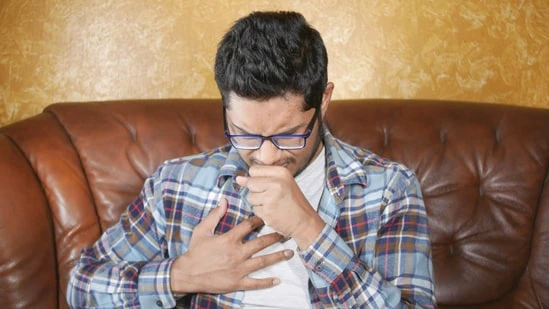Dr Sanjay Bhojraj, a cardiologist, took to Instagram on August 22 to highlight how ‘your mornings are a high-alert window for your heart’.
According to Dr Bhojraj, mornings can be a high-risk time for heart health due to the body’s natural response to waking up.
What happens when you wake up
In his post titled ‘Most heart attacks happen after this 1 daily habit (and it is not stress)’, the cardiologist explained that the surge in cortisol, increased platelet stickiness, and rise in blood pressure can contribute to a higher risk of heart attacks and sudden cardiac deaths. He went on to add that by adopting a gentle morning routine, you can help protect your heart and reduce the risk of cardiovascular events.
Dr Bhojraj said, “Your mornings are a ‘high-alert’ window for your heart. Here’s why: when you wake up, your body triggers a surge in cortisol, platelets get stickier, and blood pressure rises.” He added, “Now – what makes this worse? Going from 0 → 100 the second you wake up. A landmark study found that heart attacks and sudden cardiac deaths peak – especially between 7 am and 11 am, with a smaller afternoon spike around 5 pm to 6 pm.”
Here’s how to start your day
Dr Bhojraj shared that a healthy morning routine can set a positive tone for the rest of the day. According to him, here is what you should not and should be doing: “If you’re firing on all cylinders the moment you wake – coffee on empty stomach, skipping hydration and meds, diving into work – that’s exactly when your heart needs protection the most. But there’s a better way. Hydrate first. Take your medications on time. Eat or sip a protein-forward breakfast. Give yourself 10-15 minutes of light movement before ‘hitting the gas’. If your mornings feel like a sprint, your heart feels it too.”
A well-rounded morning routine can improve your physical health, mental clarity, and overall well-being. Need some tips? Click here to learn some cardiologist-approved morning habits that can help keep your heart healthy.
